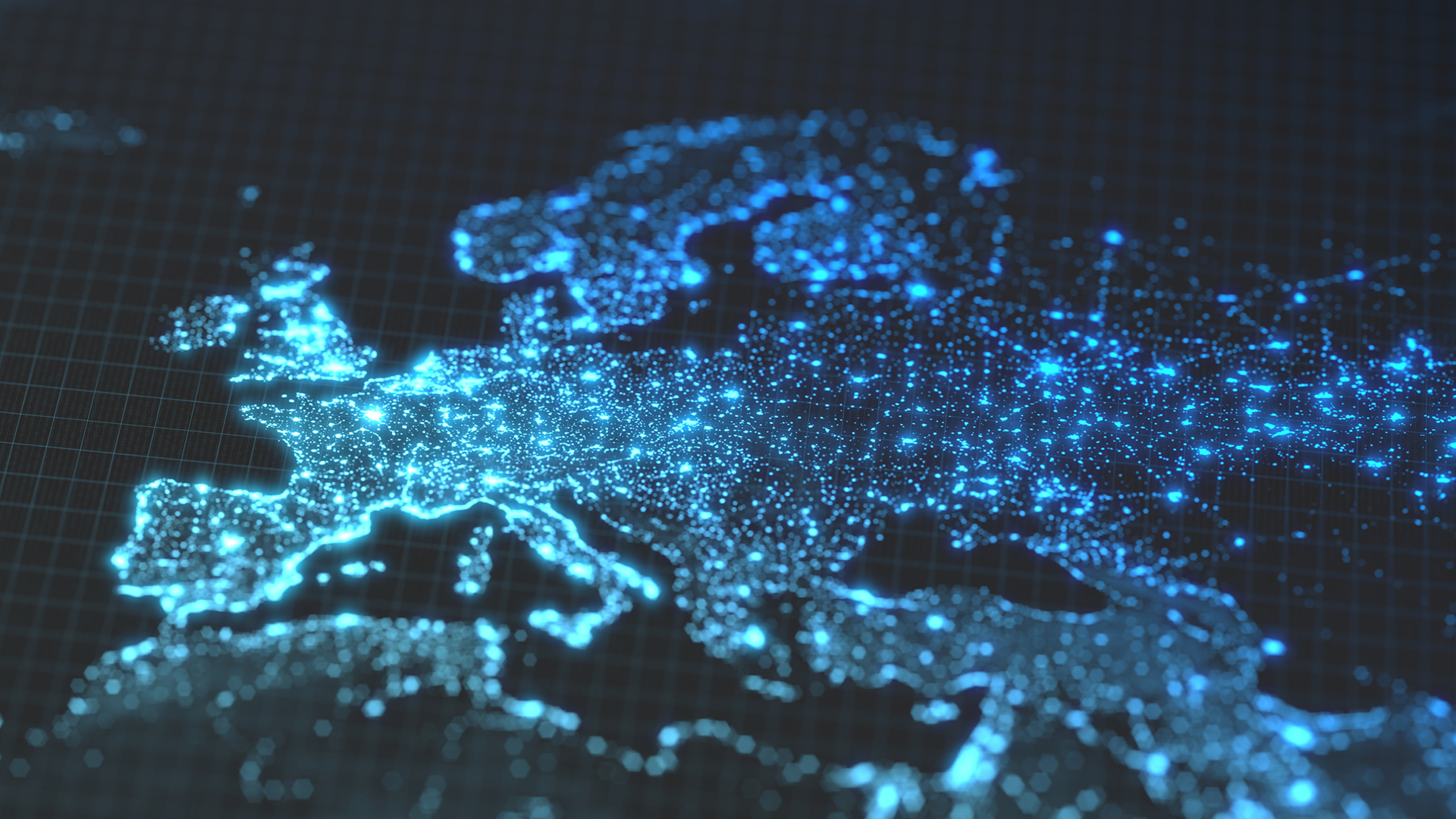Google VP leads calls for web content preservation
Vint Cerf fears our digital lives could disappear in the years to come, leaving historians with a 21st century "black hole"

Google vice president Vint Cerf says action is needed to preserve the content of the internet for future generations to enjoy.
Speaking at the American Association for the Advancement of Science's annual meeting in California, he said historians could come to view the 21st century as an "information black hole" without serious intervention.
This is because the software and services used to access content shared online, such as pictures, videos and blogs, could become defunct over time.
To protect against this, he wants to see efforts made to create a "digital vellum", according to a report on The Guardian, that will preserve the hardware and software needed to access online content in the years to come.
As to how to go about that, he's backing a system created by Carnegie Mellon University in Pittsburgh called Olive (Open Library of Images for Virtualised Execution) that records full details of a piece of digital content as well as technical information about the technology needed to access it.
"When you think about the quantity of documentation from our daily lives that is captured in digital form, like our interactions by email, people's tweets, and all the worldwide web, it's clear that we stand to lose an awful lot of our history," he said.
"We don't want our digital lives to fade away. If we want to preserve them, we need to make sure that the digital objects we create today can still be rendered far into the future."
Sign up today and you will receive a free copy of our Future Focus 2025 report - the leading guidance on AI, cybersecurity and other IT challenges as per 700+ senior executives
He then went on to say that all web users are at risk of throwing their data away into a "digital black hole" in the mistaken belief that uploading content to a site or service will preserve it.
"We digitise things because we think we will preserve them, but what we don't understand is that unless we take other steps, those digital versions may not be any better, and may even be worse than, than the artefacts that we digitised."
-
 Cyber resilience in the UK: learning to take the punches
Cyber resilience in the UK: learning to take the punchesColumn UK law now puts resilience at the centre of cybersecurity strategies – but is legislation simply catching up with enterprise understanding that resilience is more than just an IT issue?
-
 CISPE claims European Commission gave Broadcom a ‘blank cheque to raise prices, lock-in, and squeeze customers’ with VMware deal
CISPE claims European Commission gave Broadcom a ‘blank cheque to raise prices, lock-in, and squeeze customers’ with VMware dealNews Cloud providers have issued a formal response to the General Court of the European Union after the Commission defended its approval of the deal